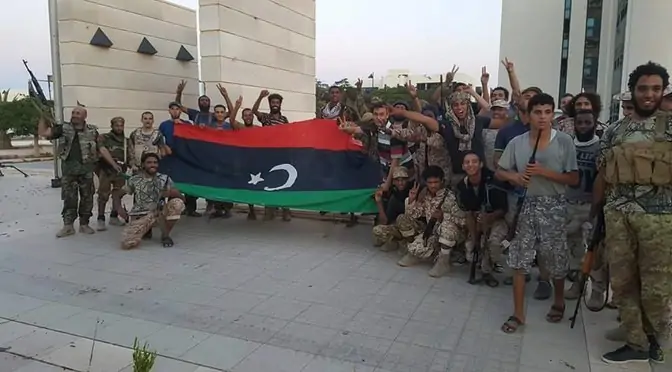This article is the second of a two-parts of a series seeking to identify the impacts of the current and most probably forthcoming terrorist attacks by the Islamic State and other jihadist groups, and focuses on major socio-psychological consequences. It follows a first article, which started outlining a framework for impact assessment out of our current understanding of the economic consequences of terrorism, which notably pointed out the need to use mapping as methodology if the complex and cascading characters of these impacts are to be properly assessed. The larger aim of the series is notably to understand if businesses should or not neglect these aggressions and related geopolitical uncertainties, while finding out ways to foresee these risks so as to best design answers (see Helene Lavoix, “Businesses and Geopolitics: Caught up in the Whirlwinds? (1)”, The Red (Team) Analysis Society, 17 Oct 2016)
To find out which could be the psychological impacts of the ongoing string of terrorist attacks, we











